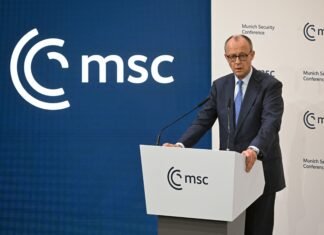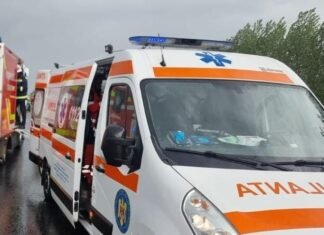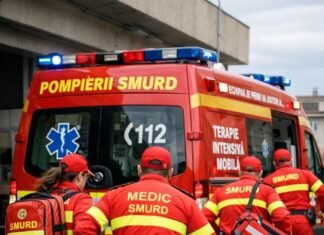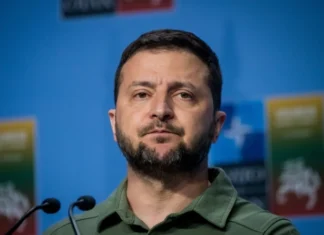Presidential Debate Insights: Antonescu on Earthquake Preparedness
During a recent presidential debate, candidate Crin Antonescu was posed an essential question regarding his potential response to a major earthquake. His answer shed light on the crucial responsibilities of a president during a crisis, emphasizing the importance of preparedness and effective communication.
Antonescu began by asserting that the fundamental role of a president in times of disaster is to stay well-informed. He explained that a leader must possess current knowledge about the situation at hand, which means being aware of the specific details surrounding the event. This includes understanding the scale of the earthquake, the affected areas, and the immediate needs of the population. He stressed that having accurate information is vital for making informed decisions.
In addition to gathering information, Antonescu highlighted the necessity for rapid verification of the facts on the ground. This means establishing reliable channels of communication with various authorities—such as local governments, emergency services, and disaster response teams—to ensure that the data being received is accurate and timely. Such verification is crucial to avoid misinformation, which can exacerbate panic and uncertainty during a crisis.
Once the necessary information has been gathered and verified, Antonescu indicated that taking action is the next priority. A president must not only react quickly but also implement well-thought-out plans based on the information available. This involves coordinating with various agencies and organizations to mobilize resources effectively and provide aid to those in need. Whether it be deploying rescue teams, providing medical assistance, or ensuring the safety of vulnerable populations, swift and decisive actions are essential for mitigating the impacts of the disaster.
Moreover, Antonescu stressed the importance of communication throughout the entire process. The president must keep the public informed about the unfolding situation, what the government is doing to address it, and any measures citizens should take for their safety. Transparent and consistent communication can help to quell fears, guide individuals on how to protect themselves, and foster a sense of solidarity within the community.
Finally, Antonescu underscored that, while managing the immediate aftermath of a disaster is crucial, there must also be a focus on long-term preparedness. In light of the increasing frequency of natural disasters due to climate change, he argued that a comprehensive strategy for disaster risk reduction is essential. This includes not only improving infrastructure to withstand earthquakes but also implementing educational programs to train citizens on emergency preparedness.
In conclusion, Crin Antonescu’s reflections on how a president should respond to a major earthquake reveal a multi-faceted approach that encompasses information gathering, verification, decisive action, and effective communication. His insights serve as a reminder of the critical duties that leaders must fulfill in times of crisis, ensuring that their actions prioritize public safety and resilience. As natural disasters pose ongoing threats, the need for dedicated and knowledgeable leadership is more important than ever.






